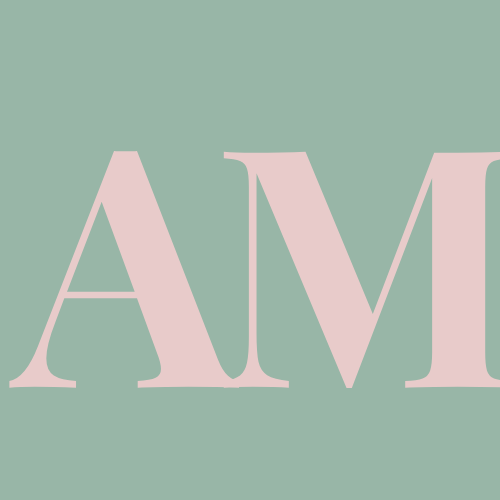The tokenisation of assets: An option for home ownership?
The increasing price of housing and construction, plus the inflationary impact of rising home loan lending rates, has placed the goal of home ownership beyond the reach of many New Zealanders. Many would-be first-home buyers struggle to raise an adequate deposit, as prices have outstripped their ability to save enough for a deposit. Many more no longer have sufficient income to support a mortgage at higher loan-to-value ratios (LVRs) and increasing interest rates that now exceed 6%.
According to QV New Zealand, in February 2022, the average price of a home in New Zealand was at $1,053,483.00, which represents an increase of 22% over the previous 12 months. LVRs for owner occupiers are now 20% with floating mortgage interest rates at the “big banks” in the range of 5.5% to 6.5% pa (interest.co.nz). CoreLogic’s Cordell Construction Cost Index rose 6.1% over the 2021 calendar year, slightly above the annual inflation rate that year of 5.9%, while wage inflation was only 2.6%.
Some home buyers get around this by way of joint ownership - buying a property with others, friends or family, in order to overcome the struggle of raising a deposit (perhaps through the Bank of Mum and Dad) and servicing the loan. These shared equity or co-ownership arrangements are fine if the parties have high trust in their relationship and are committed to it for the long-term. They can become problematic if a party wishes to withdraw or cash out of the relationship.
One method to overcome this liquidity problem is fractional or tokenised ownership, where investors can purchase digital tokens that are backed by a share of the legal title of the property. The purchaser of the property would purchase 7.5% to 10% of the token pool as their deposit, and the remaining 90% are offered to the market through a digital exchange. Over the life of the investment, the monthly ‘rent’ paid by the owner is used to buy back the tokens held by the investors adjusted for inflation and capital growth. All transactions are captured on a distributed ledger (blockchain) and ideally automatically updated in the land registry, thus guaranteeing title to equity token holders.
One European organisation that provides this service already is DigiShares, which is located in Denmark. DigiShares provides a platform for tokenisation, which involves the issuance, management and trading of securities in the form of tokens on the blockchain (tokenised securities). A United States company offering a tokenised trading platform for real estate assets is RealT.
In New Zealand, the land title registration is governed by the Land Transfer Act 2017, which would require some amendment if it was to enable the recognition of equity token owners on the registered title of a property.
In this way, mum and dad investors could access a secure investment instrument without any risk exposure to the cryptocurrency market and achieve much better returns than low-yield bank deposits. First home buyers would have access to a large pool of small investors and could avoid the need for utilising commercial banks for financing.
This disruptive use-case for blockchain is already being investigated in New Zealand. Yesterday, the Real Estate Institute of New Zealand (REINZ) released Blockchain: Opportunities and Disruptors for Real Estate, a report that looks at blockchain’s potential to disrupt the real estate industry. It examines the opportunities and potential challenges as well as future technology enabled by blockchain, such as augmented reality to support virtual property tours and properties in the metaverse. REINZ recognises the need to raise awareness of the opportunities blockchain technology offers to improve current systems to ensure readiness in a quickly evolving market.
